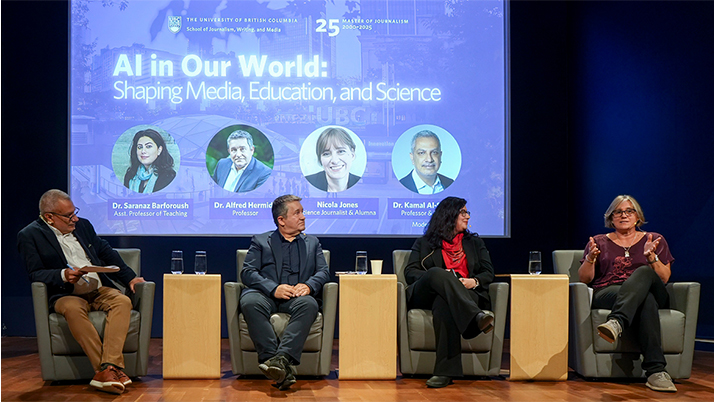Students complete a 12-week professional internship as part of UBC Graduate School of Journalism program, bringing what they’ve learned at the school to the workplace and earning credit for the placement.
This summer students undertook internships with print, radio, broadcast and online publications both in Canada and abroad. Students won placements with organizations such as CBC radio, television and online, Canadian Geographic, Global Television, Swissinfo.ch and The Globe and Mail.
“We find this experience invaluable as students not only develop their own skills, but also understand how journalism happens,” said Professor Kathryn Gretsinger, who leads the internship program. “Our hope is that these experiences lead, not only to learning, but also to contacts that will help our students find meaningful work in the future.”
“Students are supported to choose the experiences they believe will help them grow and develop,” she said. Faculty work with students to help identify opportunities, prepare portfolio items, applications and practice for interviews helping support them through the process.
Here are some tips from our students on how to make the most out of your placement.
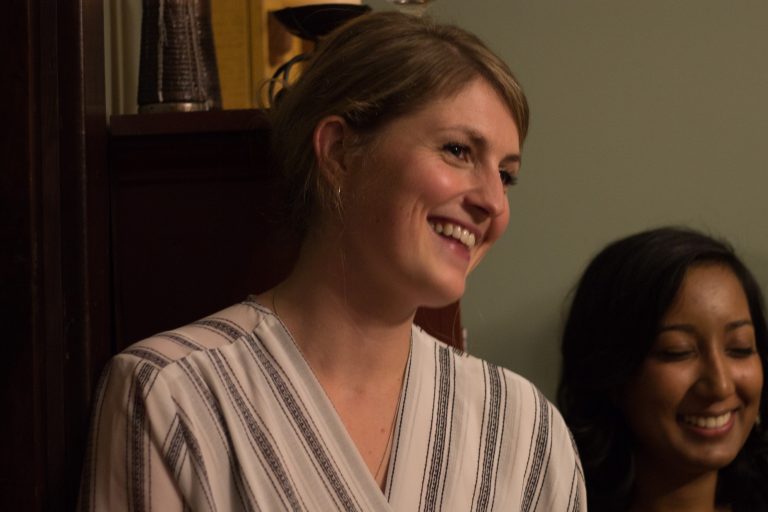

Try something new – Brittany Duggan
Brittany Duggan completed three internships in the summer, at The Georgia Straight, CBC Kamloops and CBC’s North By Northwest. While Brittany had prior experience in print, radio was new to her. “I also had never used the Marantz (digital recorder) so I was like how do you record? I went out and everything felt new.”
At CBC Kamloops she was able to pitch, write and edit her stories, doing everything from voiceovers to mixes. By the time she went onto North by Northwest she felt far more skilled in radio.
“I knew very little and everyone just had all the time in the world for me which was nice, and I was appreciative,” she said.
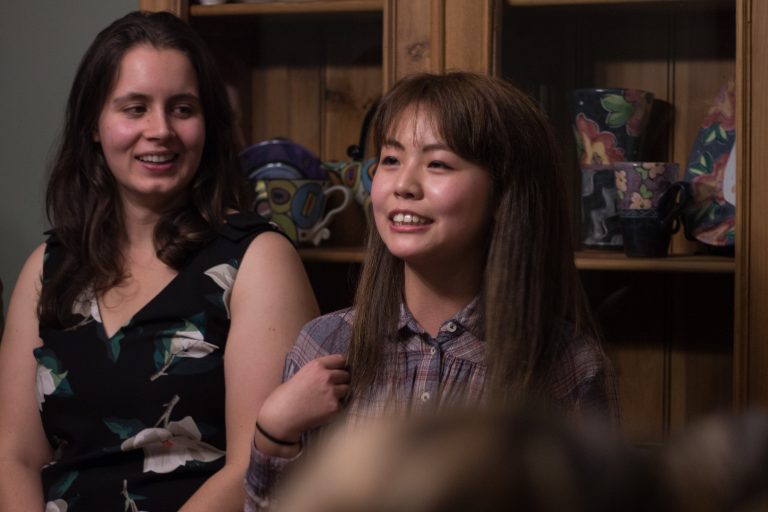

Say yes to opportunities – Wenje Shen
“I spent my first two weeks at Global Mandarin and then they shut down,” said Wenje Shen, an international student from China. Afterwards she secured an internship with the Vancouver-based Chinese newspaper Sing Tao Daily. The editor-in-chief asked her to write a story on a panel discussion taking place about the Trans Mountain pipeline, helping fill in for a staff writer who was ill.
Wenjie took the opportunity, was given the deadline for the same day and headed to the talk where she joined other journalists all looking to get an interview with Mayor Gregor Robertson.
“I had to do it. So I was like ‘could you please spend five minutes talking to me and give an interview to me’ and it went very successfully,” she said. “And then my chief editor had confidence in me and let me do more stories.”
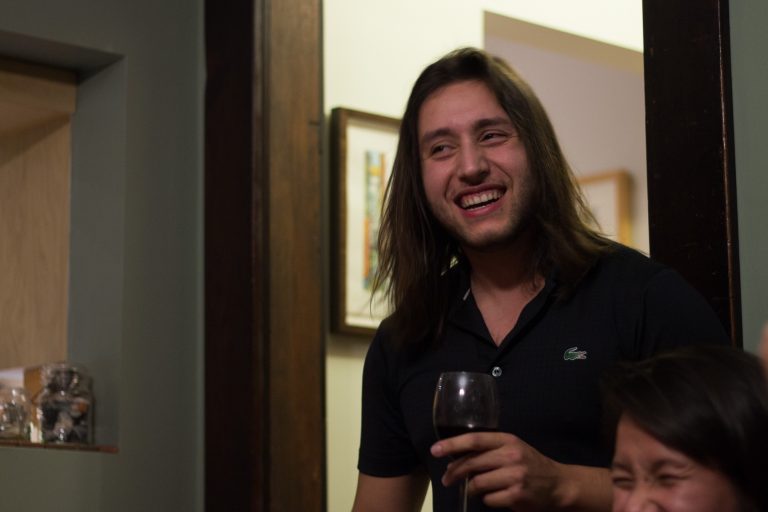

Make your own targets – Michael Ruffolo
Wanting to specialize in science reporting, Michael Ruffolo did his internship in both print and video; interning at Daily Planet on Discovery and The Tyee. Daily Planet was fast paced and deadline driven, while The Tyee’s longer feature pieces involved in-depth, lengthier reporting. But he noticed that both involved self-direction.
By pitching stories in his areas of interest he reported on the $1-billion Victoria Sewage Treatment project, produced a video segment as part of Discovery Channel’s Shark Week and made a handful of appearances on the show.
“If I didn’t make the space to want to do things, even though it was never asked of me, I would have never gotten things done,” he says.


Prove your ability – João Corrêa
João Corrêa interned at Global News for seven weeks, starting out by completing fact-checking tasks for one of the producers. Over his time there he began taking on new tasks, writing intros for the show and pitching stories during the morning meetings. As his internship was nearing the end the Olympics was about to start and João, originally from Brazil, decided to take advantage by pitching stories and offering his language skills, extending his internship another week.
“I got to produce the stories I pitched and that was really cool,” he said. “And just realizing my trajectory, from when I first started just fact-checking then producing my own stories for a national audience, that was really awesome.”
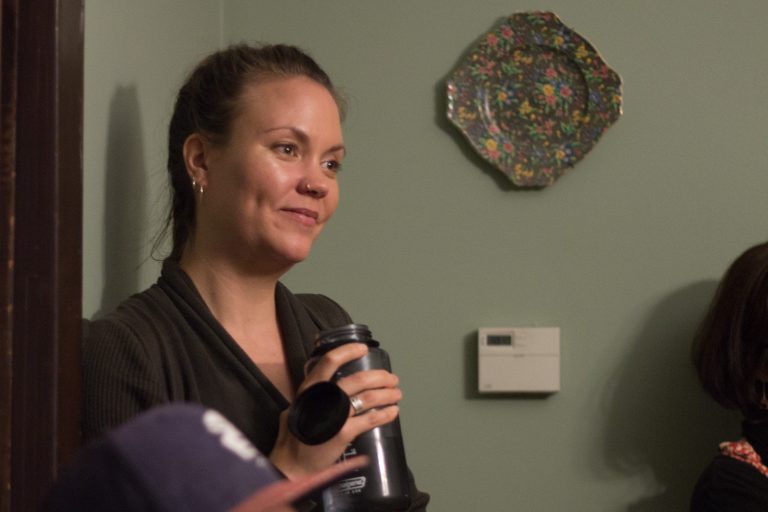

Find a way of getting answers – Lauren Kaljur
When Lauren Kaljur did her internship at Yukon News she had the advantage of being in a small town where she could go and talk to those directly involved in the stories she was reporting. She was also encouraged to ask the tough questions when needed. “I didn’t break the story but I got to handle breaking the story and it literally was so much coaching, of call after call after call to the ministry,” she said.
And each time she got off the phone she’d tell her editor what they said. Not happy with the answers, they would tell her to call back again, coaching her on how to get answers from the communications team.
“It was such a good learning experience because I had to not take no for an answer,” she said.
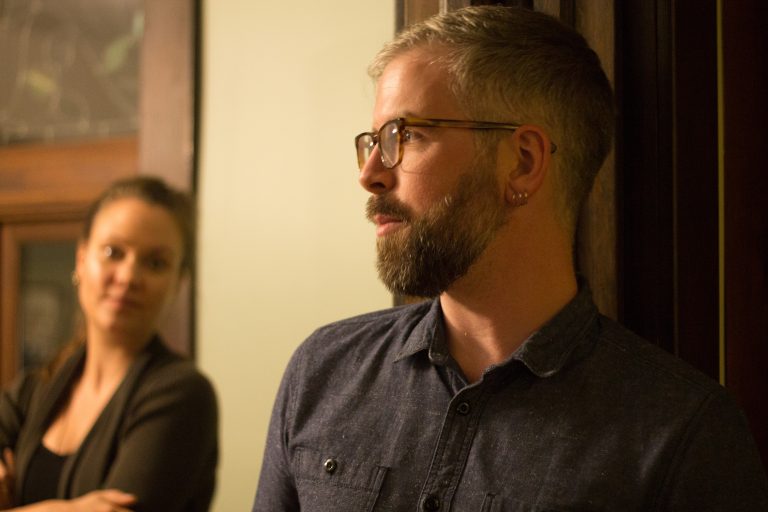

Challenge what you know – Frederick Blichert
Frederick Blichert came to UBC Graduate School of Journalism with a masters degree in film studies, wanting to bring his knowledge to arts journalism. While interning at The Tyee he covered the DOXA Documentary festival and wrote an article on Wizard Mode, a film about Robert Gagno, the world champion in pinball. He was encouraged to do more with the story than review the film.
“My background on writing about film was through university so I’d been taught very much to write about films, the film itself and nothing outside of it really,” he said. Frederick organized to meet with Gagno, interviewing him for the piece on his career and living with autism.
“It was the most fun I had writing a story and it’s probably the best story I wrote while I was there,” he said.
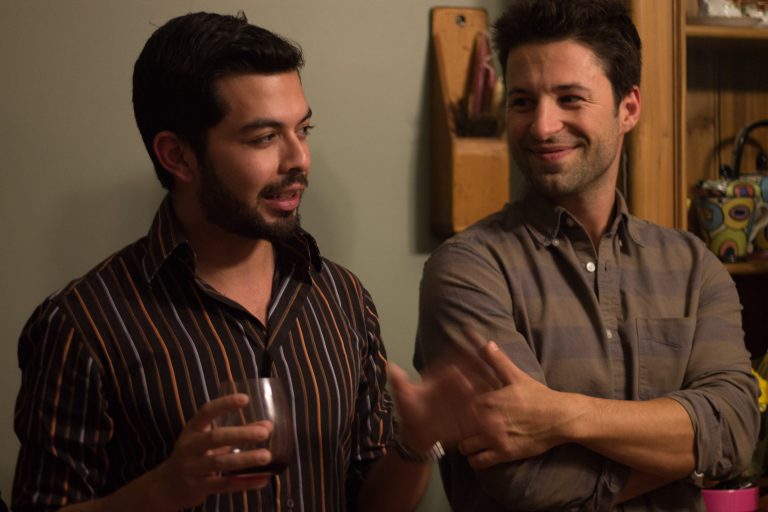

Report on what matters – Alex Villegas
Interested in in-depth investigative reporting, Alex Villegas used the internship program as an opportunity to set up his own internship with Costa Rican weekly paper Semanario Universidad.
He worked directly with editor-in-chief and ICIJ reporter Ernesto Rivera, investigating the negative effect that over-fishing and drug trafficking have had on the local fishing industry in Costa Rica’s Pacific coast. By talking with locals, he realized how many people saw this as an opportunity for things to change in the community for the better.
“That actually made me feel really responsible. And I felt guilty not working. That was pretty powerful just to feel that impact of journalism,” he said.
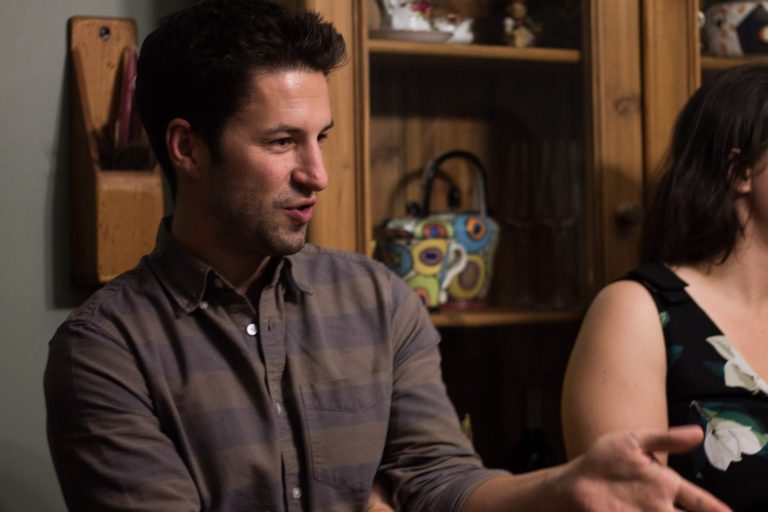

Know your story – Stefan Labbe
During his internship at CBC Vancouver’s Digital Desk, Stefan Labbe had to go down to the Supreme Court to report on the sentencing of the man from Langley who was convicted of running an arson ring.
Other reporters had been following the case for years and Labbe quickly found himself having to catch up in order to update his colleagues at the CBC office.
“That reporting experience was enough to realize that you can’t just come into these complex stories without any background, without knowing the lay of the land in any way,” he said. “I think that’s something that stuck with me.”
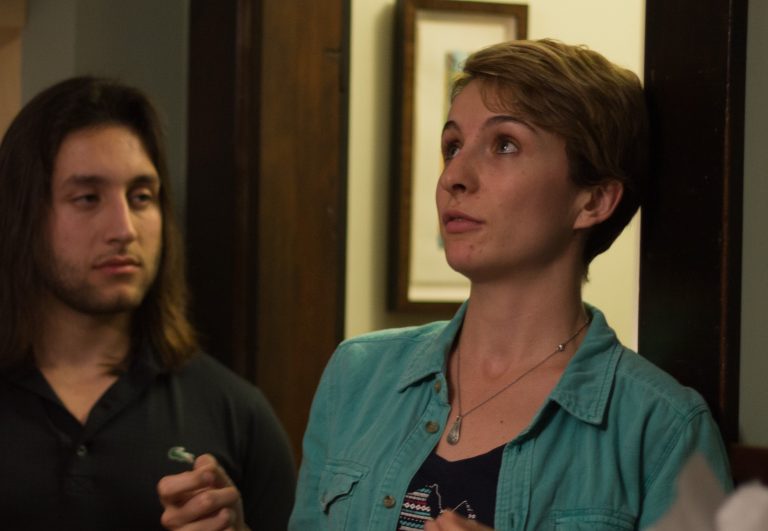

Learn how to work across cultures – Jaione Belza Guede
Jaione Belza Guede wanted to make use of her language skills for her internship and went to Swissinfo.ch, the website for the international service of the Swiss Broadcasting Corporation.
The company publishes news in 10 different languages and Jaione split her internship between the social media team and video production.
As part of her internship she was asked to produce a video about the company, interviewing all the managerial staff speaking in different languages. While Jaoine can speak French, Spanish and English she quickly had to learn how to produce, film and edit a video and work with subtitling translations for languages she didn’t know. “I saw the transcript and I basically had the English as a template,” she said. “All of the world was on those two floors, so it was quite intense.”
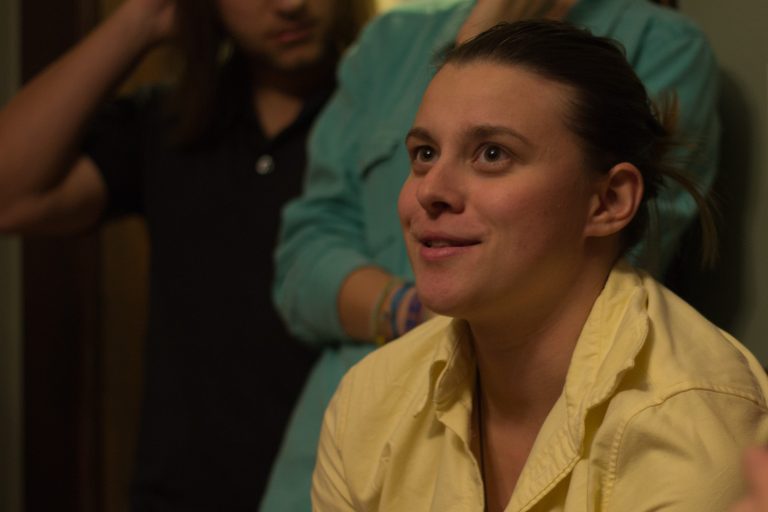

Take on challenging tasks – Emilie Rauschütz
Austrian student Emilie Rauschütz decided to combine her passion for video and sports reporting by interning at Ringier in Switzerland. She worked for both online and TV on sports during her time there and produced several videos for their website. On her last day she was asked to go video a Schwingen event, a form of wrestling specific to Switzerland. Usually freelancers or staff who had specialist knowledge on the sport covered these events, but this time Emilie was asked to cover the event solo.
“I was terrified because everything I had learned that summer, producing three videos in a day,” she said.”I got it done in the end. I actually sent it all in and it was a 14-hour workday but it was — I guess I was proud that they still thought I could do it.”


